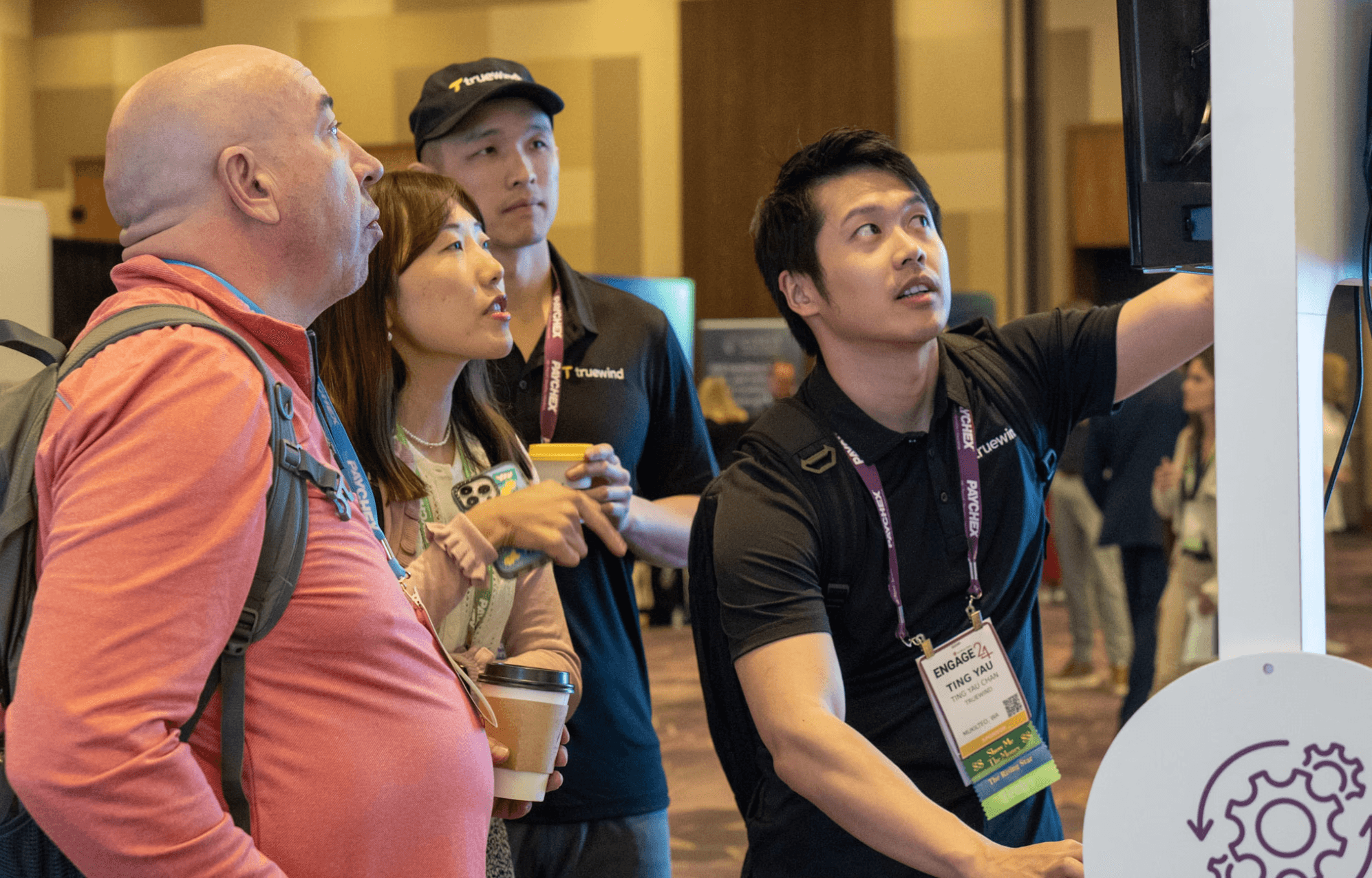How AI is Modernizing Accounting
Truewind
How AI is Modernizing Accounting Min Read
(Note: for readers interested in the full, in-depth version of this article, it’s available here through our partnership with The Woodard Report.)
From manual record-keeping to AI-powered insights, the accounting profession has seen significant changes. As AI continues to develop over the next decade, the industry is likely to be defined by expanded automation, enhanced client value, and a growing focus on advisory roles.
Accounting has evolved significantly, transitioning from manual, error-prone ledger entries to AI-powered systems.
This evolution is reshaping the profession, offering new opportunities for efficiency and value creation while elevating the role of accountants to advisors.
A look back: manual accounting
In the past, accountants meticulously recorded transactions by hand.
The advent of software like QuickBooks introduced efficiencies, yet much of the work remained manual, such as extracting and re-entering data.
Mistakes were common, and ensuring accuracy was a slow process.
The present: AI's impact on efficiency and accuracy
Today, AI has transformed accounting with integrated systems that streamline workflows and improve accuracy.
At Truewind, for example, AI offers immediate insights, displaying transaction history and contextual information that enhance decision-making.
These tools not only save time but also enable accountants to focus on more strategic tasks.
A key feature of AI is its ability to understand context.
Where human accountants once categorized transactions based on their knowledge of a client’s business, AI can now differentiate nuances like classifying paper cups as office supplies for an agency or cost of goods sold for a coffee shop.
This has been made possible through Large Language Models (LLMs) and machine learning, which make AI a powerful asset for handling nuanced classifications.
The future: AI and the changing role of accountants
AI will continue to shape the accounting profession, especially in light of the growing shortage of accountants in the U.S. and increasing AI adoption.
Accounting firms, including those partnering with Truewind, are embracing AI to redefine the role of accountants.
In the next 5-10 years, AI will be embedded in accounting platforms, allowing professionals to move away from routine tasks and focus more on strategic advising.
For firms, this means higher efficiency and the ability to take on more clients without needing additional staff.
AI-powered tools will automate bookkeeping and reporting, enabling accountants to offer higher-value services, such as advisory work and business insights, rather than simply ensuring compliance.
AI as a tool for accountants, not a replacement
Despite its growing influence, AI won’t replace accountants.
Human judgment and expertise remain essential in navigating complex financial landscapes, evolving tax laws, and new asset classes like cryptocurrency.
Instead, AI will handle repetitive tasks, freeing accountants to focus on interpreting data and advising clients.
At Truewind, the goal is empowering accountants to leverage AI, allowing them to concentrate on building client relationships and delivering impactful, strategic insights.
Interested in learning more about Truewind and our AI-powered solutions? Chat with our team to get started.



